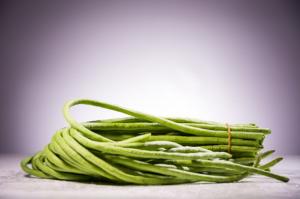Why is My Plant Soil Molding?
As a plant owner, you might have noticed that your soil is starting to form mold. Although this might seem like a cause for concern, it is actually quite common and can easily be remedied with a few simple steps. In this article, we will explore the reasons why your plant soil is molding, and what you can do to prevent it.
1. Overwatering
One of the most common reasons for mold in your plant soil is overwatering. When you water your plant too frequently or give it too much water at once, the soil can become saturated, and excess moisture can accumulate. This provides the perfect environment for mold to grow.
To prevent overwatering, it is important to follow a regular watering schedule, and only water your plant when the soil is dry to the touch. Additionally, use a pot with drainage holes, and make sure that excess water is draining away from the plant.
2. Lack of Airflow
Another reason for mold growth in plant soil is a lack of airflow. When soil is compacted, it can prevent oxygen from reaching the roots of your plant, and create a damp environment. This can lead to mold growth and other issues such as root rot.
To promote airflow, make sure that your plant is in a pot with enough space for the roots to grow, and that the soil is loose and well-aerated. You can also improve airflow by placing a fan near your plant or moving it to a location with better ventilation.
3. High Humidity
High humidity levels can also contribute to mold growth in your plant soil. When the air is humid, excess moisture can accumulate in the soil, providing the perfect conditions for mold to thrive.
To prevent high humidity, make sure that your plant is not placed in a room that is too humid or lacks proper ventilation. You can also use a dehumidifier or air conditioning unit to regulate humidity levels in your home.
Conclusion
Mold growth in plant soil is a common problem that can be easily remedied with proper care and attention. By avoiding overwatering, promoting airflow, and regulating humidity levels, you can help prevent mold growth and ensure that your plant stays healthy and thriving.

 how many times do yo...
how many times do yo... how many planted tre...
how many planted tre... how many pine trees ...
how many pine trees ... how many pecan trees...
how many pecan trees... how many plants comp...
how many plants comp... how many plants can ...
how many plants can ... how many plants and ...
how many plants and ... how many pepper plan...
how many pepper plan...





























